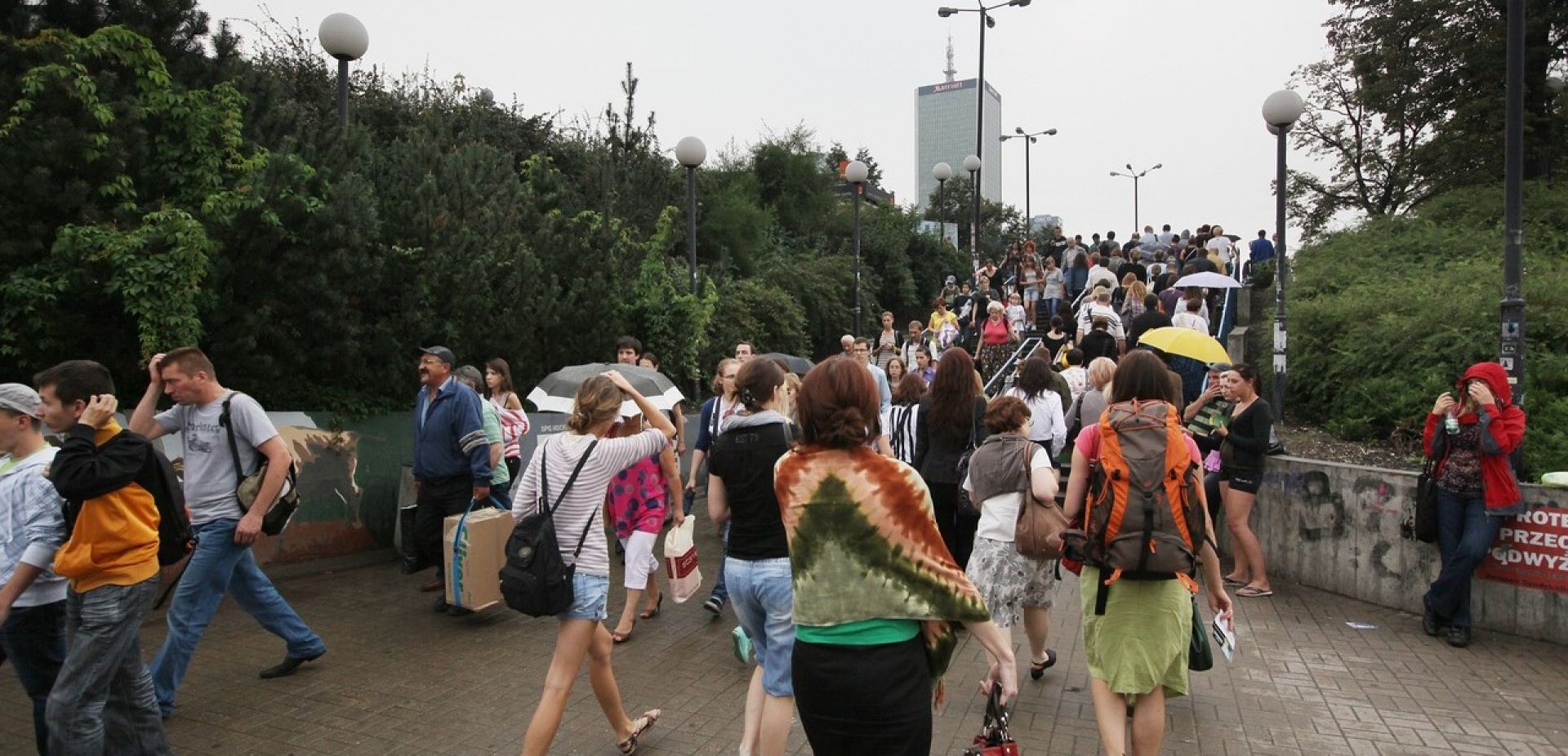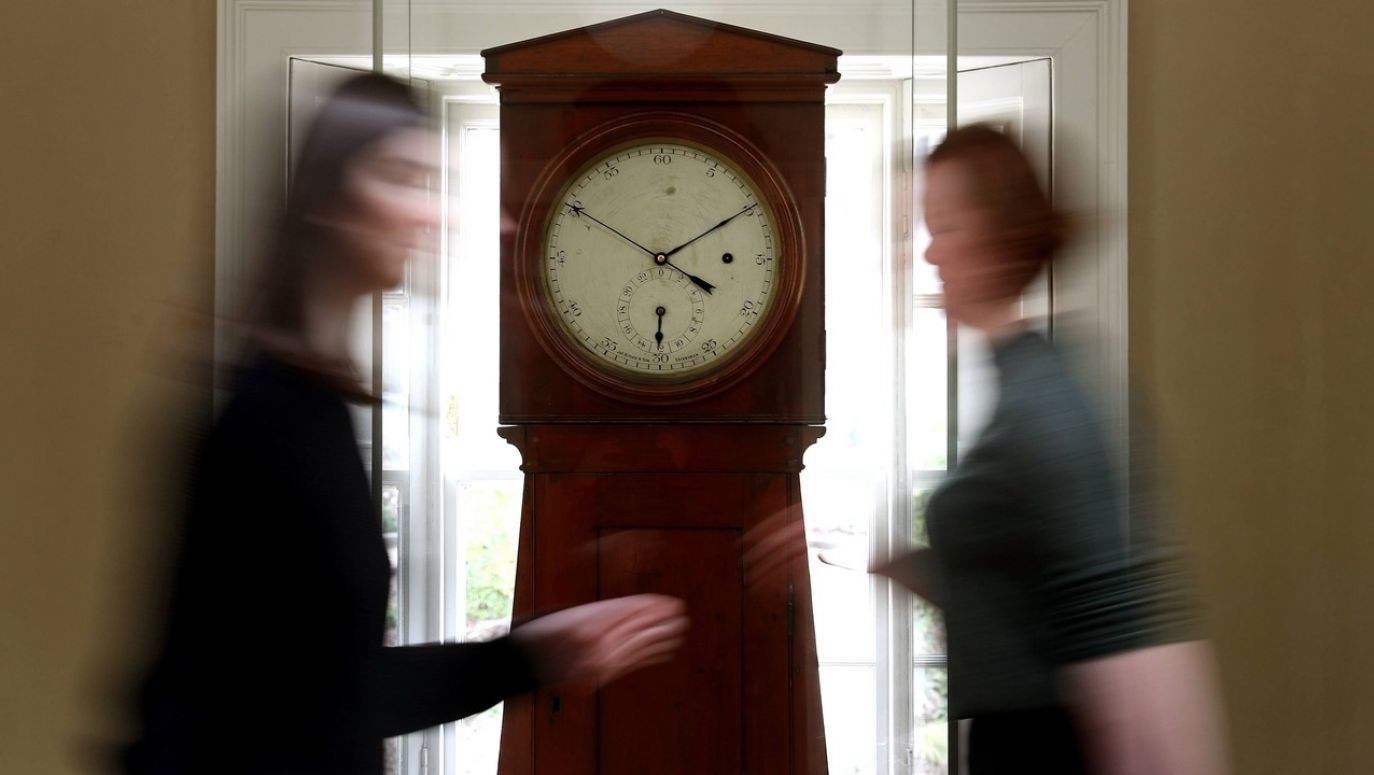Do you know what we try to reduce it with? For example, fast and unemotional sex (funny how sexaholism has its origins in... workaholism). A row with a neighbour or a child for completely trivial reasons. Eating. That is, snacking. Or drinking, including alcohol. Not to get drunk, but to drink sparingly so as to feel slightly stimulated. Anyone who has seen Thomas Vinterberg's "On the Booze" (2020, Oscar-winning film) will know what this is all about.
And they keep accelerating, good God....
Once upon a time - in the 1990s - psychologist Robert Levine studied the differences that occur in the pace of life of different nations. He took as the basis for these measurements the speed at which the inhabitants of different cities move. It will probably come as no surprise to anyone that the fastest were those from the metropolises with the highest degree of industrialisation and that Singapore ranked first. But, surprisingly, Copenhagen and Madrid came next. Then there was China's Guangzhou, followed by Dublin, Brazil's Curitiba, Berlin, New York, Utrecht, Vienna and finally, in 11th place from the top, was Warsaw. Just ahead of London.
It is a known fact - the faster we run, the more tired we become. Thirty years ago, only 49% of Europeans complained of working too exhaustingly; in the following decade, this percentage jumped to 60%.
With us, technology is accelerating, which translates into a shorter and shorter 'life cycle' of any product, including the existence of brands. No one fixes anything any more, it doesn't pay off. You have to buy new items, from new manufacturers. We are not living longer at all either, and we are certainly enjoying our earthly existence less.
How to minimise these torments and anxieties?
For example, throwing in a mode called slow life. Its basis is mindfulness training, i.e. the ability to focus attention on one activity or stimulus.
Wait, wait, don't we all know that? Followers of the Zen philosophy have long practised focusing on the present moment and taking pleasure in current events. And busy (much less than today) Westerners were already travelling to the East in the 1960s/70s to take meditation lessons at the source.
Now these methods are returning, albeit under new banners. The general idea is to slow down. But, battered by the constant acceleration, people are looking for ways to loosen up, while at the same time not changing their behaviour. This is why psychotherapists, coaches, personal development trainers and other "doctors of the soul" can no longer keep up with patients who are prepared to pay dearly to regain their inner peace.
It's just that... often a session with these professionals becomes one more task that gets squeezed into a bursting schedule. And nothing to relax about.
I am writing this text with the music off - thoughts are best gathered in silence.
I'm writing before the holidays - so that I can rest in peace on them, not racked by remorse that I've messed up in something. It will work.
– Monika Małkowska
– Tranlated by Tomasz Krzyżanowski
TVP WEEKLY. Editorial team and jornalists

 SIGN UP TO OUR PAGE
SIGN UP TO OUR PAGE
 This year brings me just such. First, an old computer refused to cooperate with a black screen, thus forcing me to spend a fair amount of money to buy new apple-signed hardware (only Macs came into play, I don't recognise others).
This year brings me just such. First, an old computer refused to cooperate with a black screen, thus forcing me to spend a fair amount of money to buy new apple-signed hardware (only Macs came into play, I don't recognise others).






